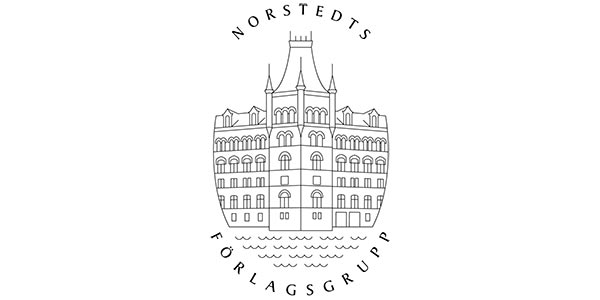
Sustaining Authoritarianism

| Serie | Lund Political Studies |
|---|---|
| Författare | |
| Förlag | Lunds universitet, Media-Tryck |
| Genre | Samhälle, politik och debatt |
| Format | Häftad |
| Språk | Engelska |
| Antal sidor | 335 |
| Vikt | 631 gr |
| Utgiven | 2019-04-17 |
| SAB | O |
| ISBN | 9789178950614 |
Kazakhstan, Kenya, Kyrgyzstan and Tanzania share a past and present as authoritarian states. Dominant parties are in power in Tanzania and Kazakhstan, while elections are competitive but not democratic in Kenya and Kyrgyzstan. Returns for political support (clientelism), and persecution of political adversaries and the electorate (repression), are key components in all four states. This dissertation provides an account of these features, and how and when dynamics of clientelism and repression have changed.
Clientelism and repression are widely used to explain why states transition to a different regime type, suggesting that their presence or absence, degree or form, informs seminal changes.
This dissertation turns such arguments around, instead investigating how changes in regime affect clientelism and repression, allowing an investigation of change within elites, society and the state. It looks at changes in clientelism and repression that did not lead to regime change, and at cases when clientelism and repression continue despite turnovers.
Patterns where a more diverse set of actors than the incumbent are involved in repressive and clientelistic practices are investigated, and sub-concepts are developed in order to speak of these changes in more specific terms.
This is investigated through careful empirical study and field work carried out in all four states. More than 300 people were interviewed during the course of several years. The perspective is historical, from the late Soviet era in Central Asia, and independence in East Africa. It tracks clientelism both within the elites (intra-elite clientelism), and aimed towards the general public (mass-elite clientelism). Changes in repression are also investigated, using an actor-centered approach re¬garding resources and operation







